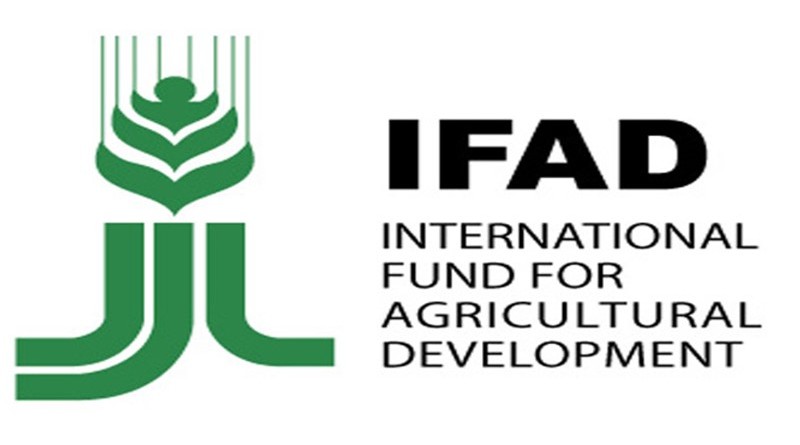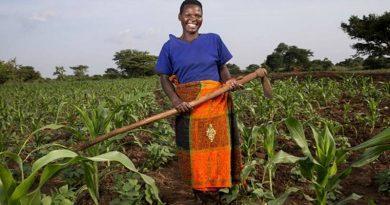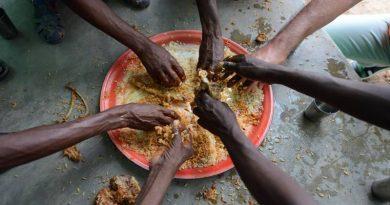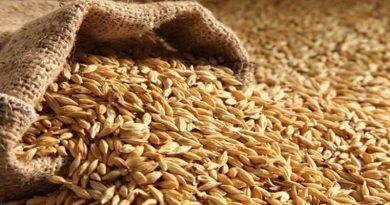IFAD provides $900,000 grant Rural Poor Stimulus Facility to support Nigerian small-scale farmers
IFAD has provided a first grant of $900,000 through its Rural Poor Stimulus Facility (RPSF) to support the worst affected small-scale producers and rural households in Nigeria through the COVID-19 crisis, as well as to rebuild and recover in the post-crisis period. The grant agreement will help vulnerable small-scale farmers in seven northern states of Borno, Jigawa, Katsina, Kebbi, Sokoto, Yobe, and Zamfara.
Under the Ministry of Agriculture and Rural Development, more than 8,000 vulnerable smallholders in Northern Nigeria will receive an agricultural stimulus and resilience package composed of climate resilient seeds; these are high yielding, and high nutritional value varieties that will help farmers achieve good production and secure their incomes. IFAD’s support complements the United Nations Nigeria COVID-19 Basket by earmarking resources to mitigate the impact of the pandemic on smallholders’ farming activities and domestic food supply.
Mohammed S. Nanono, Minister for Agriculture and Rural Development in Nigeria said: ”We both recognize and appreciate IFAD’s support to our quest to mitigate the impact of the COVID-19 pandemic on the country’s economy, particularly on the agricultural sector. This support strengthens my Ministry’s COVID-19 Agricultural Mitigation and Sustainability Plan, which aims to address the impact of the pandemic on Nigerian agriculture and food security.”
The government will procure 80 metric tons of seed – maize, rice and vegetables – and 722 metric tons of fertilizer that will support the most affected small-scale farmers. About 50 per cent are women, 25 per cent men and 25 percent young farmers who are already participating in the ongoing IFAD-funded Climate Adaptation and Agribusiness Support Programme.
“I am very happy to be among the beneficiaries who will collect rice seed and fertilizer. This will enable me to cultivate the half hectare of rice I have under irrigation for this year’s dry season. I will be able to increase my income and food security despite the COVID -19 pandemic,” said Ige Abdullahi Yarkofoji, a farmer from the Rini Community, Bakura area in Zamfara State.
There will also be training for communities on improved food production practices, including effective application of fertilizer and agro-chemicals, farm management and climate-smart agriculture. These activities are intended to safeguard smallholders’ pre-COVID gains in food security, better market access and increased income. Activities would also sensitize small-scale producers to COVID-19 security measures they should follow to stay safe during their farming activities.
Nadine Gbossa, IFAD’s Regional Director for West and Central Africa said: “This funding from IFAD’s Rural Poor Stimulus Facility will ensure that farmers have timely access to inputs, information, and markets. By supporting smallholders to mitigate this crisis through a market-led approach, basic farming activities will be sustained, facilitating post-COVID-19 crisis recovery and resilience. IFAD is committed to leave no one behind and will ensure that women and youth in Nigeria have an equal opportunity to benefit from this funding.”
Since 1985, IFAD has financed 11 projects in Nigeria for a total of $ 1,136.8 million, including $ 510.5 million from IFAD’s own resources, directly benefitting nearly 3.9 million Nigerian rural households.




